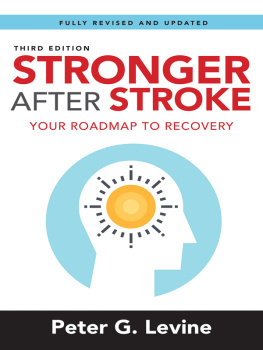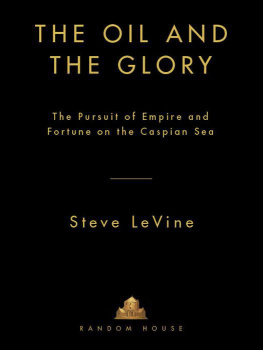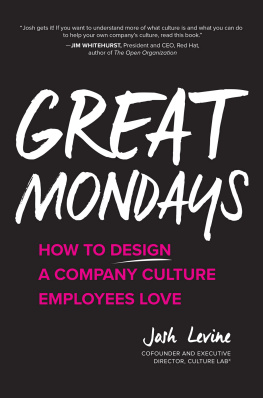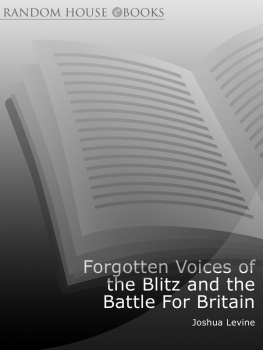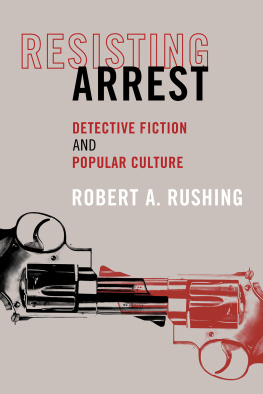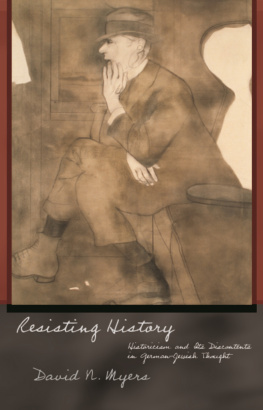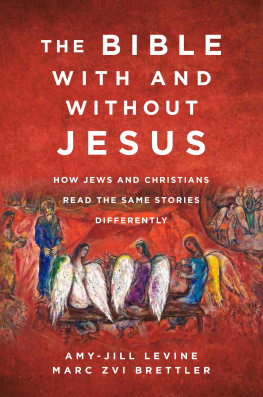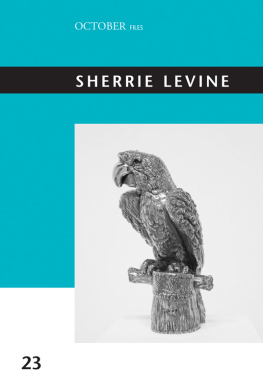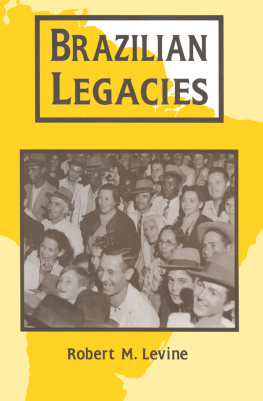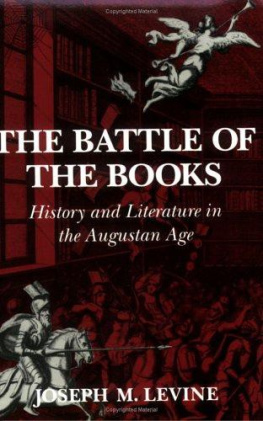Levine - Resisting Illegitimate Authority
Here you can read online Levine - Resisting Illegitimate Authority full text of the book (entire story) in english for free. Download pdf and epub, get meaning, cover and reviews about this ebook. year: 2018, publisher: AK Press, genre: Politics. Description of the work, (preface) as well as reviews are available. Best literature library LitArk.com created for fans of good reading and offers a wide selection of genres:
Romance novel
Science fiction
Adventure
Detective
Science
History
Home and family
Prose
Art
Politics
Computer
Non-fiction
Religion
Business
Children
Humor
Choose a favorite category and find really read worthwhile books. Enjoy immersion in the world of imagination, feel the emotions of the characters or learn something new for yourself, make an fascinating discovery.

Resisting Illegitimate Authority: summary, description and annotation
We offer to read an annotation, description, summary or preface (depends on what the author of the book "Resisting Illegitimate Authority" wrote himself). If you haven't found the necessary information about the book — write in the comments, we will try to find it.
Resisting Illegitimate Authority — read online for free the complete book (whole text) full work
Below is the text of the book, divided by pages. System saving the place of the last page read, allows you to conveniently read the book "Resisting Illegitimate Authority" online for free, without having to search again every time where you left off. Put a bookmark, and you can go to the page where you finished reading at any time.
Font size:
Interval:
Bookmark:

Resisting Illegitimate Authority
A Thinkin g P e rsons G uid e t o Being an Anti-Authoritarian Strategies, Tools, and Models
Bruce E. Levine
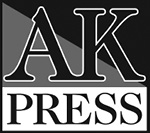
Dobbs (Humphrey Bogart): If youre the police, where are your badges?
Gold Hat (Alfonso Bedoya): Badges? We aint got no badges! We dont need no badges! I dont have to show you any stinkin badges!
John Hustons 1948 film
The Treasure of the Sierra Madre
When I was a teenager, my friends and I enjoyed repeating Gold Hats line. It did not matter that Gold Hat was a bad guy attempting to steal from the good guys. While school had taught us compliance with all those possessing badges of authority and to slavishly work to acquire such badges, Gold Hats view was li berating.
Authoritarian is routinely defined as relating to, or favoring blind submission to authority. In contrast, a nti-authoritarians rejectfor themselves and for othersan unquestioning obedience to authority, and they believe in challenging and resisting illegitimate authority.
Anti-authoritarians are a threat to authoritarians who demand unquestioning obedience. Thus, authoritarians attempt to marginalize anti-authoritarians. Anti-authoritarians in the United States have been scorned, shunned, financially punished, psychopathologized, criminalized, and assassinated. While U.S. society now honors a few deceased anti-authoritarians, these same figures were often marginalized, silenced, and dishonored in their own lifetime. Today, anti-authoritarians continue to be under great pressure to comply with the status quo, making their survival difficult.
All noncompliance creates tension, but not all noncompliant people are anti-authoritarians. I will distinguish anti-authoritarians as distinct from other noncompliant individualsand explain why Gold Hat is no anti-auth oritarian.
While all anti-authoritarians do not identify with a political philosophy, all anti-authoritarians do represent a political threat to their authoritarian surroundings, be that a government, school, or family. Anti-authoritarians create tension not simply for authoritarians with power but also for authoritarian followers, who fear that the absence of a strong authority will result in chaos. In contrast, anti-authoritarians believe that what is most dangerous and harmful is an illegitimate authority, and they resonate with scientist and novelist C. P. Snows observation: When you think of the long and gloomy history of man, you will find more hideous crimes have been committed in the name of obedience than have ever been committed in the name of r ebellion.
Resisting Illegitimate Authority is about bigotry but not about bigotry directed at race, religion, gender, or sexual preferenceall of which certainly remains in the United States today. This book is about another kind of bigotry, one directed at certain personalities and temperamentsa bigotry that often goes unnoticed.
One temperament that U.S. society has grown less tolerant of is introversion. Susan Cains bestselling book Quiet: The Power of Introverts in a World that Cant Stop Talking (2012) argues that we undervalue introverts in our culture, doing them and society a disservice. When asked why she wrote the book, Cain answered: For the same reason that Betty Friedan published The Feminine Mystique in 1963. Introverts are to extroverts what women were to men at that timesecond-class citizens with gigantic amounts of untapped talent. Our schools, workplaces, and religious institutions are designed for extroverts, and many introverts believe that there is something wrong with them and that they should try to pass as ex troverts.
There is even more intolerance for anti-authoritariansa highly diverse group whose members include people from all genders, races, ethnicities, sexual preferences, and personalities. In 2012, I wrote an article Why Anti-Authoritarians Are Diagnosed as Mentally Ill (titled on some websites as Would We Have Drugged Up Einstein?), and I continue to receive emails from people feeling validated by it, stating that they believe their anti-authoritarianismor their childshas resulted in mental illness d iagnoses.
In the 1950s and 1960s, the horrors inflicted by Nazi Germany were still on the minds of many Americans, and the 1950 book The Authoritarian Personality , which psychopathologized authoritarian personalities, became popular. In the early 1960s, psychologist Stanley Milgrams studies revealed a frightening obedience among Americans to illegitimate authority, and this became a cause for concern. I will detail these and other examinations of authoritarianism and anti-authoritarianism, as well as controversies surrounding the authoritarian personality and the anti-authoritarian per sonality.
By the 1980s, U.S. society had changed. In 1980, Americans elected former actor Ronald Reagan to the presidency. Reagan had previously acquired an authoritarian strongman reputation by putting down student revolts as governor of California. By the mid-1980s, the Democrats, wanting to appear as tough as the Republicans, strongly supported anti-crime legislation that has contributed to the United States having the highest incarceration rate in the world, caused in large part by hypocritical drug laws.
In my mental health profession during the 1980s, it was noncompliance rather than compliance that became increasingly pathologized. The American Psychiatric Association (APA), politically in step with U.S. society, revised its diagnostic manual, the DSM-III (1980), to include oppositional defiant disorder (ODD) for noncompliant kids who do not engage in criminal behaviors. The APA classifies ODD as one kind of disruptive behavior disorder. Disruptive behavior disorders are now the most common classification of children medicated with antipsychotics, among the highest grossing classes of drugs in the United States today. The U.S. antipsychotic drug explosion is largely the result of their use on non-psychotic vulnerable populationsespecially foster children, the elderly in nursing homes, and inmates in prisons and jailsas a relatively inexpensive way to subdue and manage the se groups.
Between 1978 and 1985, I was in graduate school and in training to become a clinical psychologist, and my embarrassment with the mental health profession increased throughout my schooling and internships. I struggled as to whether I should quit or continue so as to get my PhD badge. Ironically, this stinkin badge, which lacks legitimate authority for me, has provided me with credibility for the mainstream media that for the most part bases its assessment of authorities solely on thei r badges.
There are certainly societies less free and more oppressive than the United States. However, what makes life difficult for U.S. anti-authoritarians is that Americans are indoctrinated to believe that their society celebrates anti-authoritarianism. And so they are less prepared for the reality of anti-authoritarian life than others who have not been so indo ctrinated.
Anti-authoritarians exist in all walks of life and come in all kinds of temperamentssome extroverted, some introverted, some funny, some serious, and so on. To illustrate this diversity, I will profile several famous anti-authoritarians with a lens focused at illuminating their essential anti-authoritarianism and an emphasis on what can be gleaned from their lives. Obviously, I cannot include every famous anti-authoritarian public figure. I will instead talk about those who I have been drawn to because their lives have provided me with lessons about anti-authoritarian survival, tragedy, an d triumph.
Font size:
Interval:
Bookmark:
Similar books «Resisting Illegitimate Authority»
Look at similar books to Resisting Illegitimate Authority. We have selected literature similar in name and meaning in the hope of providing readers with more options to find new, interesting, not yet read works.
Discussion, reviews of the book Resisting Illegitimate Authority and just readers' own opinions. Leave your comments, write what you think about the work, its meaning or the main characters. Specify what exactly you liked and what you didn't like, and why you think so.


